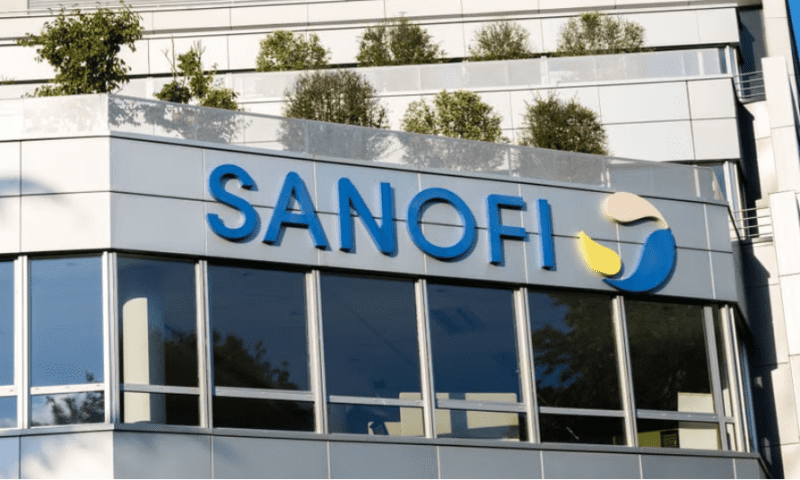The dream of taming IL-2 keeps slipping further away. After seeing Bristol Myers Squibb and Nektar Therapeutics give up on their candidate, Sanofi has reported “lower than projected” efficacy data on its prospect and rethought its plans for the molecule.
Sanofi entered the IL-2 space through its $2.5 billion takeover of Synthorx. The deal gave Sanofi control of SAR444245, then known as THOR-707. By installing a novel amino acid at one position in recombinant IL-2, Synthorx sought to retain the efficacy that has been evident since the IL-2 Proleukin won approval in the 1990s while addressing the onerous dosing and adverse events that have held back that product.
Over the past year or so, Sanofi has initiated a clutch of midphase clinical trials to assess SAR444245 in various combinations and indications. The early signs from the trials were bad enough to prompt the Big Pharma to change course.
“The decision was made to discontinue the ongoing phase 2 platform trials with the current every 3-week dose schedule as the efficacy observed in the early look of the data was lower than projected. Note that this decision was not based on any safety-related issues,” Sanofi disclosed in its third-quarter financial results. Sanofi booked a 1.6 billion euro ($1.6 billion) impairment related to the candidate.
Sanofi is yet to give up on the molecule. Rather, the R&D team has decided to run a phase 1/2 program “focused on schedule intensification to solidify the foundation for a best-in-class target profile.” The new R&D plan is based on “emerging external and internal data about non-alpha IL2’s mechanism of action and therapeutic potential.”
Details of the new strategy for SAR444245 emerged alongside news of the discontinuation of two phase 1 programs. Both of the drug candidates are bispecific nanobodies, the single-domain antibody fragment technology that Sanofi acquired through its 3.9 billion euro takeover of Ablynx.
SAR443726 is designed to block IL-13 and OX40L, drivers of type 2 inflammatory diseases such as atopic dermatitis. SAR442999 targets effector cytokines TNFa and IL-23A to treat inflammatory diseases. Both candidates moved into phase 1 last year alongside two other bispecific nanobodies. Neither has made it to the end of 2022, but Sanofi is still working on the other nanobodies that entered the clinic last year.

